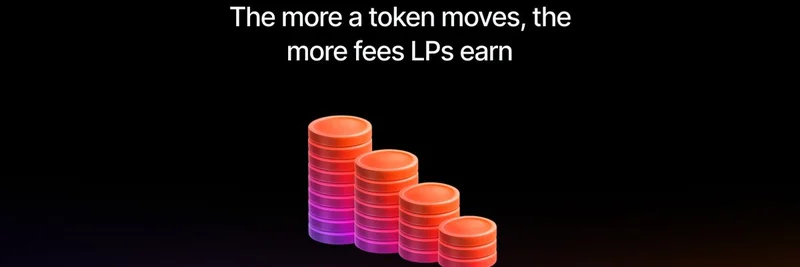The buzz around blockchain in Africa is heating up, and if you're into meme tokens, events like this could signal big opportunities ahead. Recently, SolanaFloor shared a report on Day 1 of the Africa Blockchain Festival 2025, held in Kigali, Rwanda. As someone who's been deep in the crypto world, from editing at CoinDesk to now focusing on memes at Meme Insider, I see this as a potential launchpad for community-driven tokens. Let's break down the highlights from the original report and connect the dots to the meme space.
The festival, running from November 7 to 9 at the Kigali Convention Center, aims to make blockchain tech accessible and relevant for Africans. Think of blockchain as a digital ledger that's secure and transparent—it's the backbone of cryptocurrencies, including those fun, viral meme tokens like Dogecoin or newer ones on Solana. Convener Olubunmi Fabanwo kicked things off by stressing how bridging tech and culture can unlock opportunities for creatives across the continent.
Opening with Policy and Innovation
The day started strong with a keynote on "Innovation Meets Regulation: A Rwandan Perspective on Crafting Policies for Emerging Technologies." Moderated by Emmanuel Babalola, formerly of Binance, it featured Senator Frank Habineza. He talked about Rwanda's balanced approach to regs—encouraging innovation while keeping things safe. Rwanda's Kigali International Financial Centre (KIFC) was highlighted as a hub that could rival other African financial centers. For meme token enthusiasts, clear regulations mean easier adoption; imagine African communities launching local memes without legal hurdles.
Community Over Capital
A standout panel was "Why Africa’s Greatest Advantage is Not Capital, It’s Community," co-led by Harri Obi from SuperteamNG. They argued that Africa's collective spirit is key to digital growth. Instead of chasing quick bucks, focus on shared progress—that's meme token gold right there. Meme tokens thrive on communities; think of how Dogwifhat or Bonk exploded through viral engagement on Solana. Africa's tight-knit groups could spawn the next big meme wave, especially with low-cost chains like Solana making it easy to participate.
Building Infrastructure and Education
On the policy stage, "Building Africa’s Blockchain and AI Infrastructure" dove into education and trust. Ayodeji Awosika from Web3Bridge pointed out education gaps but praised bootcamps and communities for filling them. This is crucial for memes—more educated builders mean more creative tokens. If African devs get onboard, we could see culturally infused memes that resonate globally.
Stablecoins and Payments Revolution
Seun Lanlege's masterclass on "The Next Wave of Payments: How Stablecoins and Bridges are Transforming Cross-Border Transactions" explained stablecoins—cryptos pegged to stable assets like the US dollar or local currencies. He discussed local ones for the Naira or Rand, reducing friction in payments. Panels on "Faster, Cheaper Payments Across Africa" and "The Stablecoin Wars" echoed this, pushing for homegrown solutions amid currency volatility.
How does this tie to memes? Stablecoins make onboarding easy; imagine trading African-inspired meme tokens seamlessly across borders. On Solana, known for speed and low fees, this could amplify meme trading in emerging markets.
Day 1 wrapped with themes of simplicity, community, and education, setting an optimistic tone for Africa's Web3 future. While no direct meme mentions, the emphasis on community and accessible tech screams potential for meme tokens. Solana's ecosystem, already meme-heavy, could expand here—watch for African projects blending culture and crypto. If you're a blockchain practitioner, events like this are your cue to dive deeper into global trends shaping the meme landscape. Stay tuned for more updates on how Africa's blockchain scene intersects with the wild world of memes.

